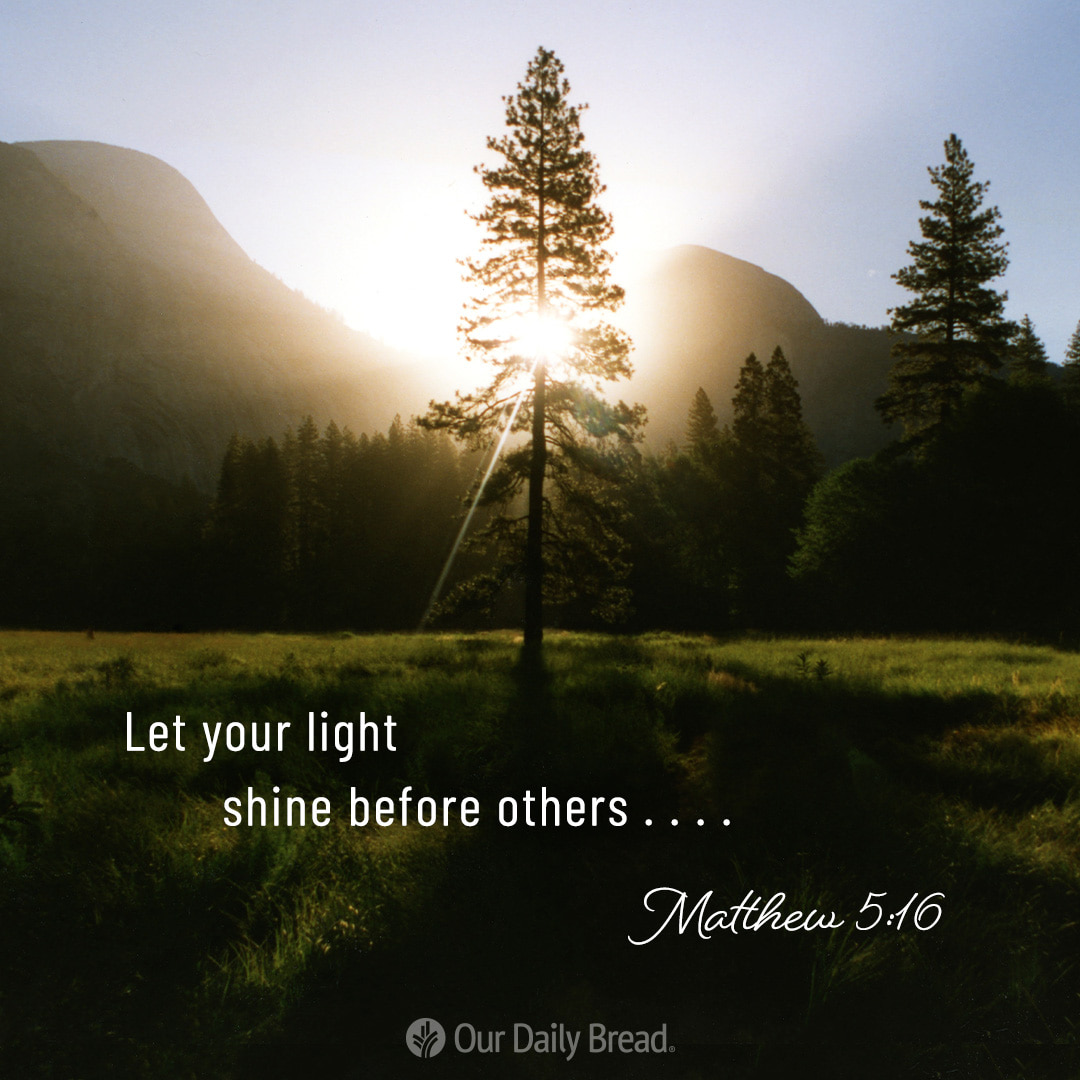Zach Elder and his friends pulled up to shore after a twenty-five-day rafting trip through the Grand Canyon. The man who came to retrieve their rafts told them about the COVID-19 virus. They thought he was joking. But as they left the canyon their phones pinged with their parents’ urgent messages. Zach and his friends were stunned. They wished they could return to the river and escape what they now knew.
In a fallen world, knowledge often brings pain. The wise Teacher of Ecclesiastes observed, “With much wisdom comes much sorrow; the more knowledge, the more grief” (1:18). Who hasn’t envied a child’s blissful ignorance? She doesn’t yet know about racism, violence, and cancer. Weren’t we happier before we grew up and discerned our own weaknesses and vices? Before we learned our family’s secrets—why our uncle drinks heavily or what caused our parents’ divorce?
The pain from knowledge can’t be wished away. Once we know, it’s no use pretending we don’t. But there’s a higher knowledge that empowers us to endure, even thrive. Jesus is the Word of God, the light that shines in our darkness (John 1:1–5). He “has become for us wisdom from God—that is, our righteousness, holiness and redemption” (1 Corinthians 1:30). Your pain is your reason to run to Jesus. He knows you and cares for you.
What’s something you wished you didn’t know? Tell Jesus about it. Then leave it with Him. Whenever it troubles you, take it to Jesus again.
Jesus, I don’t enjoy pain, but if it drives me to You, it’s worth it.
For further study, read Why? Seeing God in Our Pain at DiscoverySeries.org/CB151.
INSIGHT
The book of Ecclesiastes is as strange as Proverbs is familiar. Author Ray Pritchard notes that “the ratio of regular readers of the Proverbs versus Ecclesiastes is probably 1000:1.” Though less popular, the significance of the book must not be missed. Ecclesiastes reads like somebody’s journal entries as the author (believed by many to have been Solomon), records his search for fulfillment, the results of his search, and some recommendations. The thesis statement of the book is given in verse 2: “Meaningless! Meaningless! . . . Utterly meaningless! Everything is meaningless.” How does one hold in tension the reality that our worldly existence is a gift from a loving God? While the point is highlighted over and over in the book that “all is vanity” (

